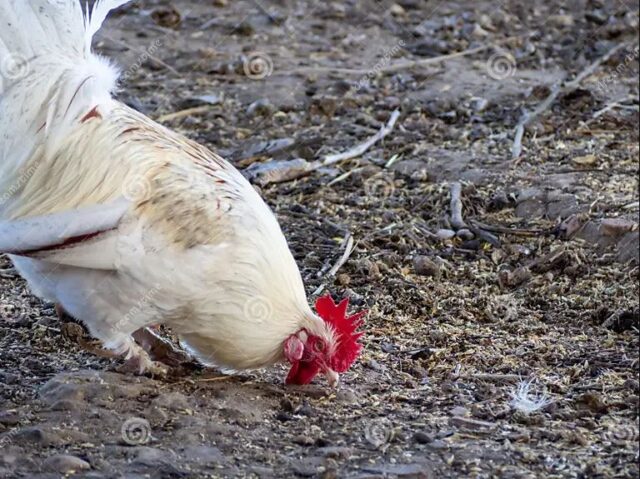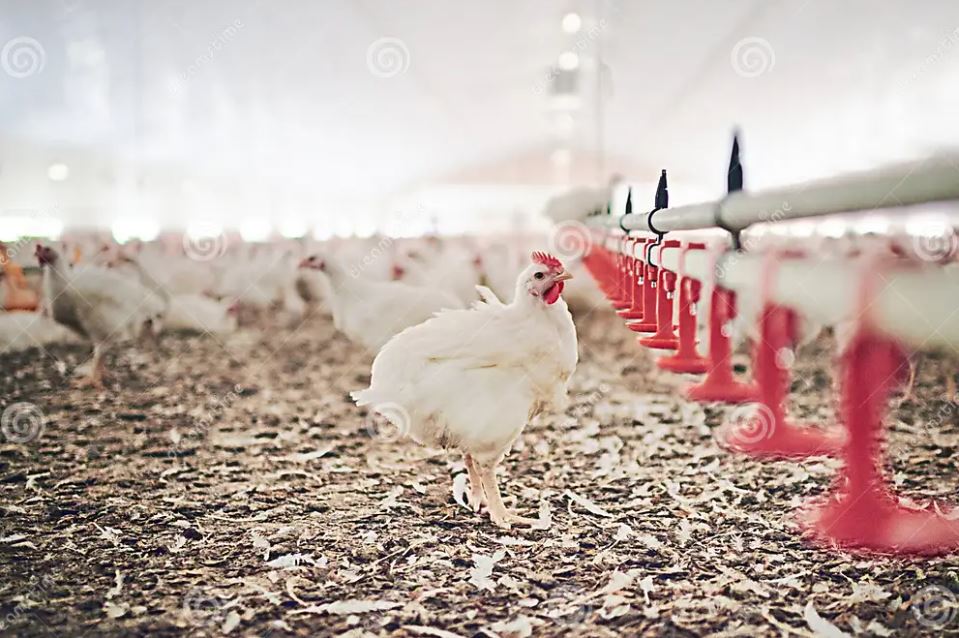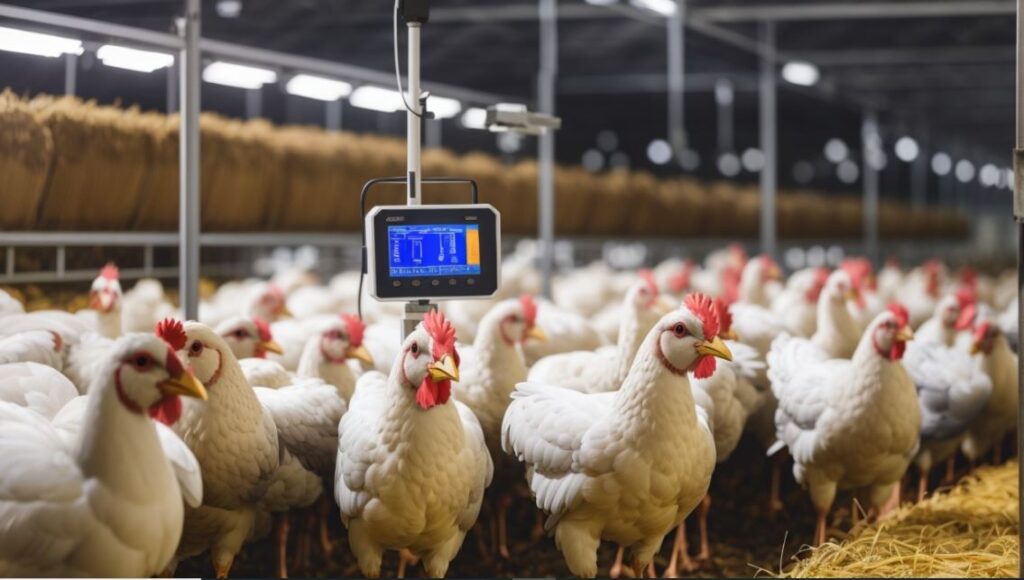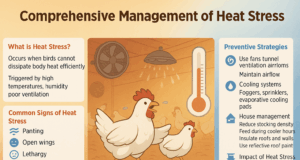

Introduction
The poultry processing industry plays a significant role in the global food supply, providing a substantial portion of the world’s protein needs. However, like many industries, it faces the challenge of balancing productivity with environmental stewardship. As concerns about climate change, resource depletion, and animal welfare grow, the industry must adopt more sustainable practices. This article delves into the various aspects of sustainability in the poultry processing industry, highlighting current challenges, innovative solutions, and the future of sustainable poultry processing.
Environmental Impact of Poultry Processing
Poultry processing, like other sectors of the meat industry, has a considerable environmental footprint. The primary environmental concerns include:
- Water Use and Pollution: Poultry processing is water-intensive, requiring large volumes for cleaning, scalding, and chilling. Wastewater generated contains organic material, fats, oils, and pathogens, which can lead to water pollution if not properly treated.
- Energy Consumption: The industry relies heavily on energy for operations such as refrigeration, heating, and transport. Fossil fuels are the primary energy source, contributing to greenhouse gas emissions.
- Waste Management: Poultry processing generates various forms of waste, including feathers, blood, offal, and packaging materials. Improper disposal of these by-products can lead to environmental degradation.
- Greenhouse Gas Emissions: While poultry has a lower carbon footprint than other meats like beef, the cumulative emissions from large-scale operations, including methane from manure and CO2 from energy use, are still significant.
Key Areas for Sustainability in Poultry Processing
To address these environmental challenges, the poultry processing industry can focus on several key areas:
- Water Conservation and Recycling
- Reduction of Water Use: Implementing water-saving technologies and practices, such as dry cleaning before wet cleaning and using high-pressure, low-volume sprays, can significantly reduce water consumption.
- Water Recycling: Advanced water treatment systems can recycle water for non-potable uses, such as equipment cleaning and irrigation, reducing the demand for fresh water.
- Energy Efficiency and Renewable Energy
- Energy Audits: Regular energy audits can identify inefficiencies in the production process, allowing companies to implement energy-saving measures such as upgrading to energy-efficient equipment and optimizing process flows.
- Renewable Energy: Investing in renewable energy sources, such as solar, wind, and biogas, can reduce reliance on fossil fuels. Some companies have successfully integrated biogas systems that utilize organic waste to generate energy.
- Waste Reduction and By-Product Utilization
- Zero-Waste Initiatives: Implementing zero-waste strategies, where all by-products are either reused or repurposed, can minimize environmental impact. For example, feathers can be processed into animal feed or fertilizer, and blood can be used in biogas production or as a soil amendment.
- Packaging Innovations: Transitioning to sustainable packaging materials, such as biodegradable or recyclable options, can reduce the environmental footprint of the industry.
- Emissions Reduction
- Efficient Manure Management: Proper management of manure can reduce methane emissions. Techniques like composting, anaerobic digestion, and using manure as fertilizer can mitigate greenhouse gas emissions.
- Carbon Footprint Tracking: Implementing carbon footprint tracking systems helps companies monitor and reduce their emissions by optimizing logistics, reducing energy use, and investing in carbon offset programs.
- Animal Welfare and Ethical Practices
- Humane Slaughter Practices: Ensuring that animals are treated humanely throughout the processing cycle is not only an ethical obligation but can also improve product quality. The adoption of controlled atmosphere stunning (CAS) is one example of a more humane slaughter method.
- Sustainable Sourcing: Sourcing poultry from farms that adhere to sustainable and humane farming practices can enhance the overall sustainability of the supply chain.

Innovations Driving Sustainability in Poultry Processing
The poultry processing industry is witnessing several innovations that promise to enhance sustainability:
- Automation and Robotics: Automation in processing plants can reduce waste, enhance efficiency, and improve safety. For example, precision cutting technologies minimize product loss and reduce energy consumption.
- Blockchain for Traceability: Blockchain technology offers a transparent and tamper-proof way to trace poultry from farm to fork, ensuring that sustainable practices are followed throughout the supply chain.
- Alternative Proteins: While not directly related to poultry processing, the rise of plant-based and lab-grown meats provides an alternative that could reduce the environmental impact of traditional meat production.
- Advanced Wastewater Treatment: Technologies like membrane bioreactors (MBRs) and advanced oxidation processes (AOPs) are improving the efficiency of wastewater treatment in poultry processing plants, enabling higher water recycling rates and reducing pollution.
- Sustainable Feed: Innovations in feed formulation, such as the inclusion of insect protein or algae, can reduce the environmental impact of poultry farming, as feed production is a significant contributor to the overall carbon footprint.
The Role of Regulations and Certifications
Government regulations and industry certifications play a crucial role in promoting sustainability in the poultry processing industry.
- Regulations: Environmental regulations set by governments often mandate waste management practices, water use restrictions, and emissions limits. Compliance with these regulations is essential for reducing the environmental impact of processing plants.
- Certifications: Voluntary certifications, such as GlobalGAP, ISO 14001, and organic certifications, provide guidelines and standards for sustainable practices. Companies that obtain these certifications can gain a competitive advantage by appealing to environmentally conscious consumers.
Challenges to Achieving Sustainability
Despite the progress, the industry faces several challenges in achieving sustainability:
- High Initial Costs: The implementation of sustainable technologies and practices often requires significant upfront investment, which can be a barrier for small and medium-sized enterprises (SMEs).
- Complex Supply Chains: The complexity of poultry supply chains, involving numerous stakeholders from farm to table, makes it difficult to enforce and monitor sustainable practices throughout the entire process.
- Consumer Awareness: While consumer demand for sustainable products is growing, there is still a lack of widespread awareness about the environmental impact of poultry processing. Educating consumers is essential for driving demand for sustainably processed poultry.
- Regulatory Compliance: Navigating the complex web of environmental regulations across different regions can be challenging, particularly for multinational companies. Ensuring compliance while maintaining profitability requires careful planning and resource allocation.
The Future of Sustainability in Poultry Processing
The future of sustainability in the poultry processing industry will likely be shaped by continued innovation, stricter regulations, and evolving consumer preferences. Key trends to watch include:
- Circular Economy Models: The adoption of circular economy principles, where waste is minimized and resources are reused, will become increasingly important. Companies will need to find ways to integrate these principles into their operations.
- Increased Use of Data Analytics: Big data and AI will play a crucial role in optimizing processing operations, reducing waste, and improving resource efficiency. Predictive analytics can help companies anticipate and mitigate environmental impacts.
- Collaboration Across the Supply Chain: Collaboration between farmers, processors, retailers, and consumers will be essential for achieving sustainability goals. Integrated supply chain management systems will help ensure that sustainable practices are followed at every stage.
- Policy and Regulatory Changes: Governments around the world are likely to implement stricter environmental regulations, pushing the industry towards more sustainable practices. Companies that proactively adopt sustainable practices will be better positioned to navigate these changes.
Conclusion
Sustainability in the poultry processing industry is not just a trend but a necessity for the future of food production. By focusing on water conservation, energy efficiency, waste reduction, emissions control, and ethical practices, the industry can significantly reduce its environmental impact. While challenges remain, ongoing innovations and a commitment to sustainability will help ensure that the poultry processing industry can meet the demands of a growing population without compromising the health of our planet.
















